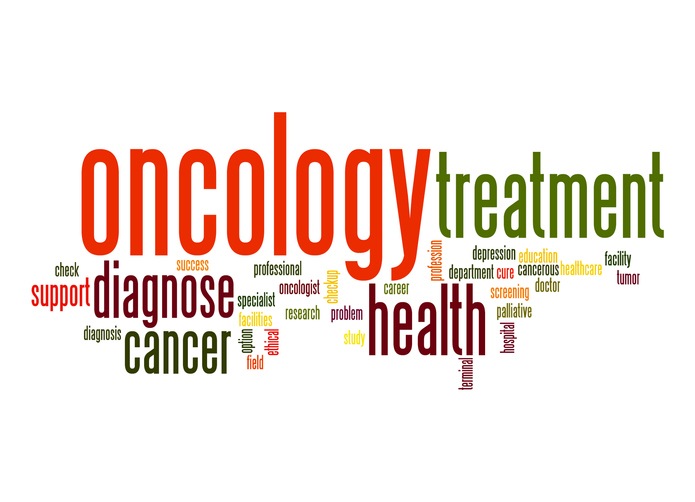
The U.S. Food and Drug Administration approved the first front-line immunotherapy for the treatment of gastric cancer. Nivolumab was approved in combination with fluoropyrimidine- and platinum-containing chemotherapy for frontline treatment of patients with advanced or metastatic gastric cancer, gastroesophageal junction cancer, and esophageal adenocarcinoma. Approval was supported by the CheckMate-649 trial, in which nivolumab plus chemotherapy improved survival in this patient population by 20%, with 55% of patients alive at one year.
https://www.docwirenews.com/docwire-pick/hem-onc-picks/first-frontline-immunotherapy-approved-for-gastric-cancer/
–
In other news, research presented at the American Association for Cancer Research (AACR) 2021 Annual Meeting found a personalized genomic cancer vaccine was feasible and well-tolerated in a phase 1 trial of patients with cancer. The vaccine was tested in a small pilot trial of 13 patients and after a mean of 30.4 months, 4 patients have not had subsequent therapy or evidence of disease.
https://www.docwirenews.com/urban-health-today/urban-health-multiple-myeloma-knowledge-hub/is-a-vaccine-for-multiple-myeloma-feasible/
–
New data from researchers at the Mayo Clinic found that one in six patients with colon cancer had an inherited cancer-related gene mutation. “Though the most common mutations were found in genes typically associated with colorectal cancer, we found that a substantial number of mutations were present in genes typically associated with breast and ovarian cancer,” said senior author Niloy Jewel Samadder, MD, gastroenterologist and hepatologist at Mayo Clinic.
https://www.docwirenews.com/docwire-pick/hem-onc-picks/hereditary-gene-mutation-may-be-driving-colon-cancer/
–
Finally, overtreating older women with breast cancer may be detrimental without improving survival or disease recurrence, according to a study published in JAMA Network Open. The investigators found that the number of sentinel lymph node biopsy and radiotherapy procedures among patients over age 70 were 65.3% and 54.4%, respectively. Importantly, the researchers observed that the rates of breast cancer recurrence or survival remained unchanged for treated versus untreated patients.
https://www.docwirenews.com/hematology-oncology/overtreating-older-women-with-breast-cancer-may-cause-more-harm-than-good-study-finds/

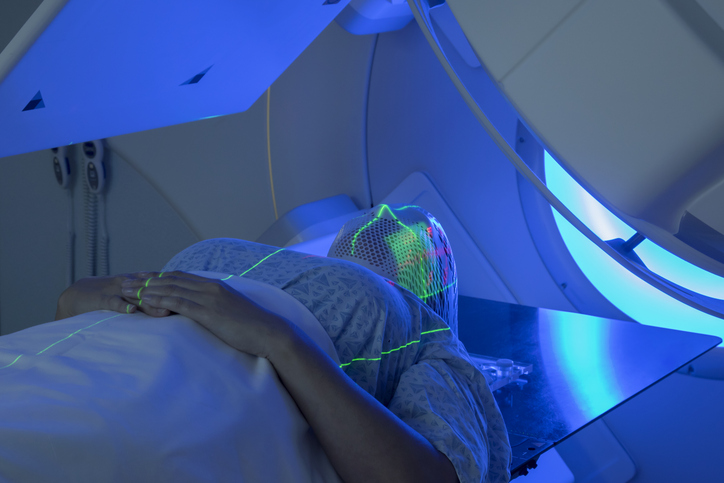
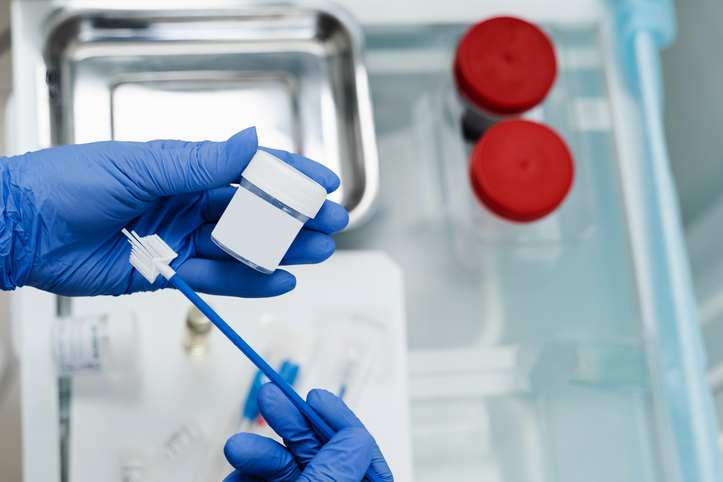
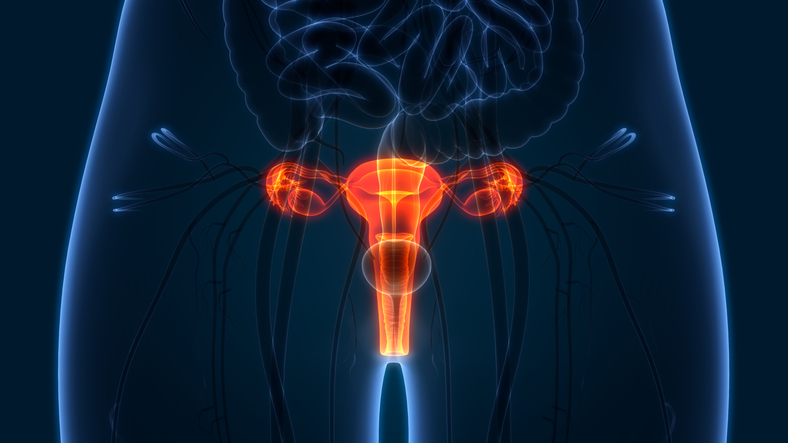

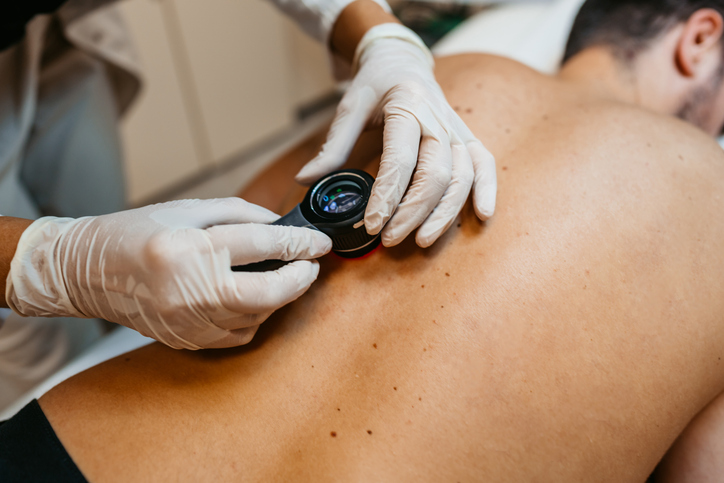

 © 2025 Mashup Media, LLC, a Formedics Property. All Rights Reserved.
© 2025 Mashup Media, LLC, a Formedics Property. All Rights Reserved.